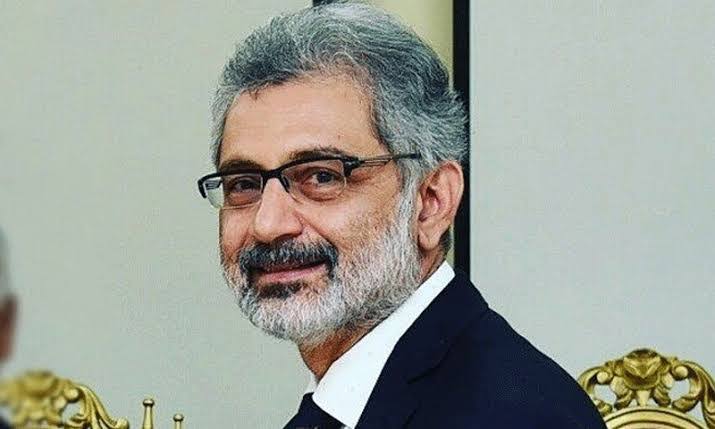By Staff Reporter
ISLAMABAD: President Arif Alvi on Wednesday appointed Justice Qazi Faez Isa, a senior Supreme Court judge, as the country’s next chief justice, effective from Sept. 17.
Justice Isa will replace Chief Justice Umar Ata Bandial, who will retire on Sept. 16, the president’s official Twitter account said.
Justice Isa, 63, is the son of a former politician and a grandson of a former prime minister of Kalat State, a former princely state that is now part of Balochistan province.
He was called to the Bar of England and Wales in 1982 and practised law for over 27 years before being elevated to the position of chief justice of Balochistan High Court in 2009.
He took oath as a judge of the Supreme Court in 2014 and has written several judgments that reflect his adherence to the constitution and the rule of law, according to the Supreme Court’s website.
Justice Isa is known for his outspoken views and independent judgments on issues ranging from civil liberties to constitutional matters.
He was also the target of a presidential reference filed by former Prime Minister Imran Khan’s government in May 2019, which accused him of concealing his family’s properties in London.
He denied the allegations and challenged the reference, saying he was not the beneficial owner of the flats. A 10-member Supreme Court bench quashed the reference as invalid in June 2020, but ordered a tax probe into his wife and children’s assets.
The tax inquiry was also set aside by the Supreme Court in 2021, after which the government filed a curative review petition. The petition was withdrawn in March this year by Prime Minister Shehbaz Sharif, who called the reference “flimsy and baseless”.
Justice Isa will lead a top court that has witnessed divisions and disagreements among its judges over the authority of the chief justice and the scope of suo motu notices and constitutional petitions.
In March, two judges called for revisiting the power of the “one-man show” enjoyed by the chief justice, while two others said the chief justice did not have the power to form special benches or decide their members.
A six-member bench later recalled the order by the latter two judges, prompting Justice Isa to write a note saying that the bench had no jurisdiction.
The perception of discord within the judiciary was further fuelled by an audio leak allegedly involving a former judge and a government official. The government formed a judicial commission comprising three judges, including Justice Isa, to investigate the matter, but the Supreme Court stayed its proceedings in May.
Justice Isa will serve as chief justice until October 2024. He is expected to hear several important cases during his tenure, including those related to electoral reforms, media freedom, human rights and accountability.
Copyright © 2021 Independent Pakistan | All rights reserved




